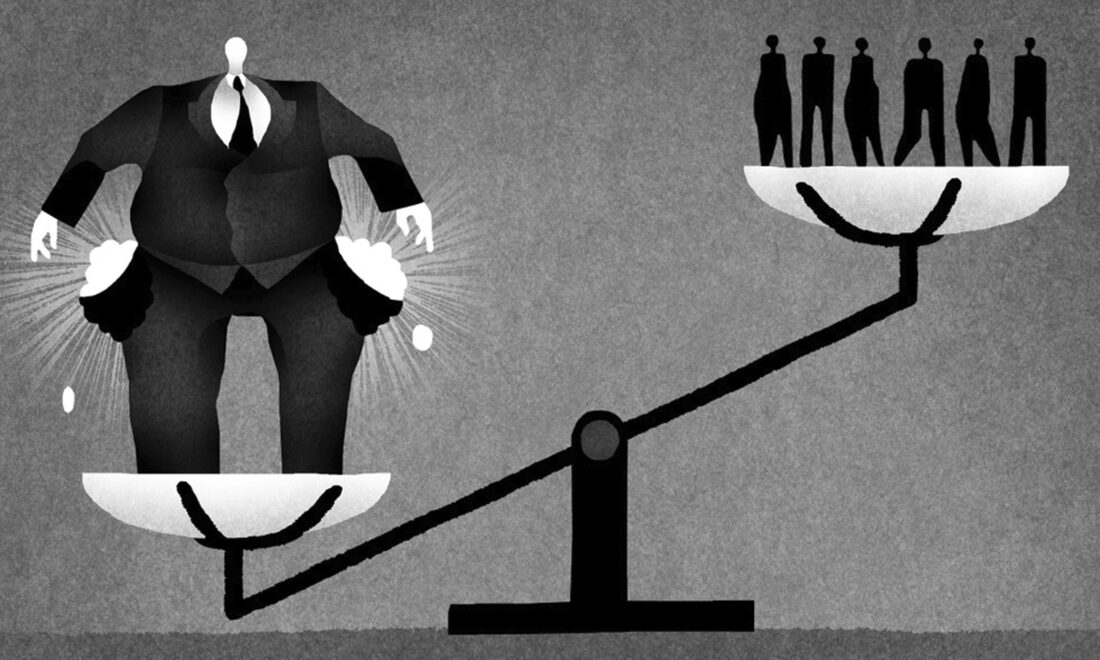
The government’s “success story” has led to widening inequality and poverty
Article by Neoklis Sylikiotis, Political Bureau member and AKEL MEP
13th March 2017
 During the previous plenary session of the European Parliament, the European Commission presented a “White Paper” on the EU’s future. The “White Paper” is always a draft document for legislative binding texts which the EU prepares. As a reply to the EU crisis five scenarios have been put forth as to how the EU should proceed; scenarios that follow the logic of continuing and deepening the neoliberal austerity policies, leading to a multi-speed EU, a rich core of the Euro and to a poor periphery.
During the previous plenary session of the European Parliament, the European Commission presented a “White Paper” on the EU’s future. The “White Paper” is always a draft document for legislative binding texts which the EU prepares. As a reply to the EU crisis five scenarios have been put forth as to how the EU should proceed; scenarios that follow the logic of continuing and deepening the neoliberal austerity policies, leading to a multi-speed EU, a rich core of the Euro and to a poor periphery.
The title of each of the scenarios presented is also its summary. The first scenario is called “continuing”. That is to say the continuation of the EU’s policies as they have been implemented today. The second scenario is called “nothing more than a single market.” That is vicious austerity policies and Memoranda should be strengthened, but the EU should have no say in the rest of Member-state’s policies. The third scenario calls on those Member States that want to strengthen their ties on a political level to do so. The fourth scenario is called “doing less, more efficiently” and proposes to Member-states to select some areas to deepen their cooperation. Finally, the last scenario essentially promotes full federalization of the EU.
It is obvious that in all the above scenarios the link of cooperation between Member States is not based on the solidarity and social development of the peoples, but instead on the deepening of the single market, trade and economic relations. The peoples have suffered in practice from these relationships and policies, at least since the Treaty of Maastricht onwards. We are referring to the austerity policies and Memoranda that have dismantled the welfare state, are selling off public wealth and property, destroying labour relations, increasing unemployment (particularly among young people) and leading to the impoverishment of the peoples.
However, the EU elite’s economic policies can’t ignore the problems created by their policies any longer. The President of the European Commission Jean-Claude Juncker speaking about the situation in the EU in September 2016 has already stated that the EU will not become the “Wild West” of social dumping, that the EU is losing its social character and that the current generations of young people are living in worse socioeconomic situation than their parents.
In Cyprus, despite the so-called “success story” that the Anastasiades-DISY government is constantly proclaiming and the official termination of the Memorandum, the picture is completely different, as illustrated by the recent publication of the European Commission’s country report on the Cyprus economy. The Report in question acknowledges the obvious: The economic crisis has led to increased inequalities, the risk of poverty and growing social exclusion, reflecting the deterioration of social conditions during the crisis. Unemployment may have on the one hand fallen, but on the other remains high, at the same time as low-paid and insecure employment is increasing. Economic indicators as regards the risk of poverty and social exclusion have deteriorated. Working people’s wages are continuously declining and poverty among working people has grown. The prospects for growth and development remain reduced. Income inequality has spiraled and continues to be a source of concern. The health sector is characterized by inefficiency, a fact which restricts people’s access to proper and effective treatment. At the same time, the government and ruling forces are celebrating that economic indicators and figures are thriving, while the people are in fact becoming poorer.
Consequently, despite the mostly correct analysis of the European Commission as regards the social situation in the Union and the Member States, the same neoliberal recipes are continuing to be implemented. The Commission goes one step further and with the five scenarios it has submitted at the table it is driving the EU into a multi-speed union.
The neoliberal austerity policies and Memoranda aren’t reversed through “White Papers”, nor through reports on the Cyprus economy proposing the adoption of anti-people’s “reforms.”
They are overturned only through the organization and strengthening of popular struggles and with social development for the benefit of the peoples.




